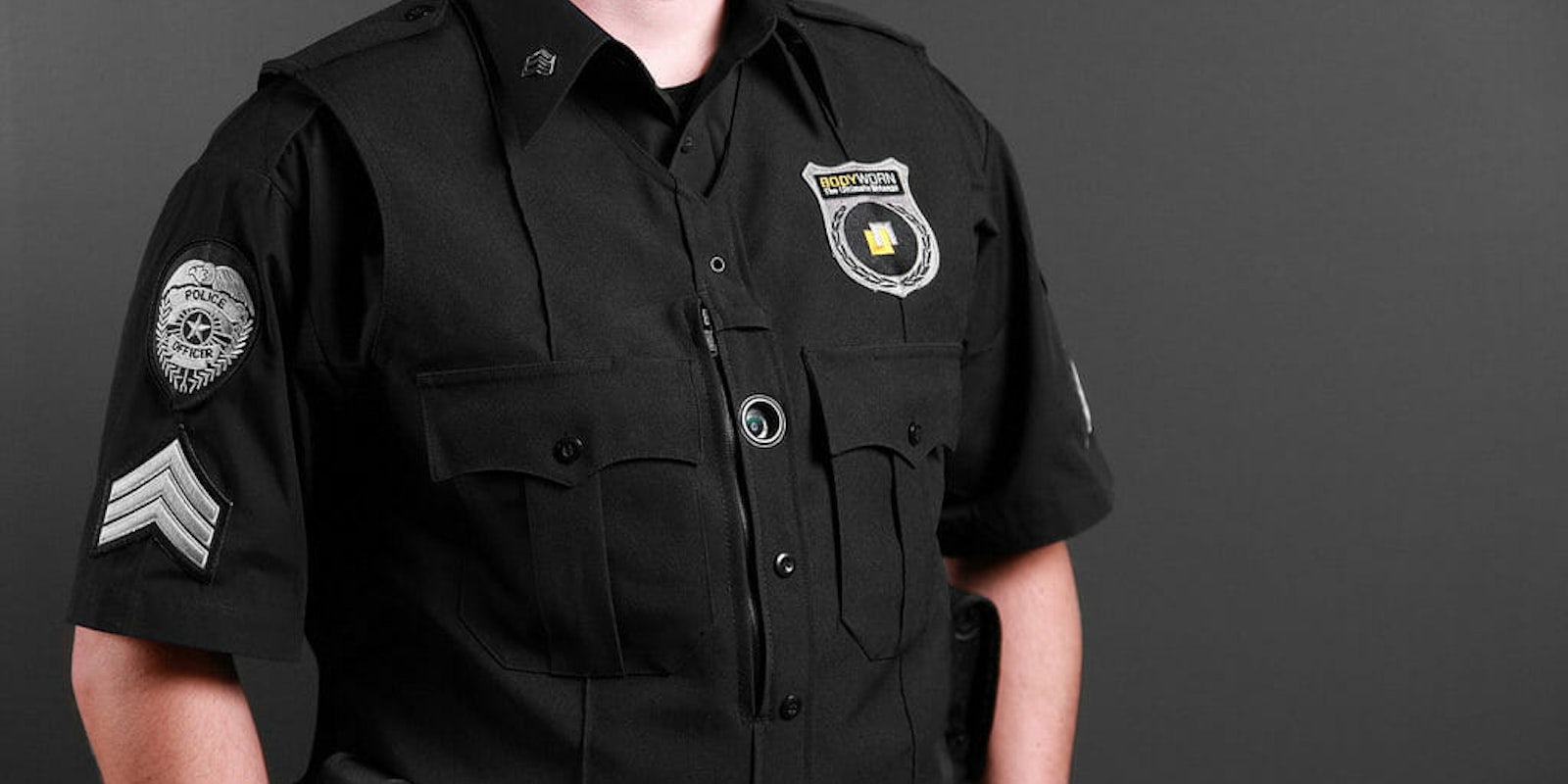The racial disparities in how cops treat people run much deeper than the headlines about police shootings of unarmed people of color. A new study using body camera footage from nearly 1,000 traffic stops finds cops are consistently more disrespectful to black people compared to white people.
As reported in Monday’s issue of the Proceedings of the National Academy of Sciences, Stanford University researchers used body camera footage from a month of traffic stops in Oakland, Calif. After ranking the respectfulness of the thousands of individual statements and utterances the cops made during these interactions, the researchers found that black drivers were 61 percent more likely to hear one of the least respectful statements. White drivers were 57 percent more likely to hear one of the most respectful statements.
For instance, white drivers were more likely to be addressed with a formal title like “sir” or “ma’am,” while black drivers were more likely to hear informal titles like “dude,” “bro,” or “my man.” Cops were more likely to offer reassurance and show concern about the person’s safety to white drivers while telling black drivers to keep their hands on the wheel, which implies the officers were more concerned with protecting their own safety.
The researchers created transcripts of the stops so that their study participants could judge the respectfulness of the interactions without knowing the race or identities of both police officer and driver. Presented with the raw dialogue, the participants judged the officer’s response on a bunch of different criteria. The biggest difference was in terms of respect, but the cops’ treatment of black people was also found to be less friendly, less polite, less formal, and less impartial. A second study found similar results using a statistical model to judge the respectfulness of all of the more than 30,000 individual utterances from the cops during those traffic stops.
These relationships held true even after the researchers controlled for factors like the driver’s age or gender, the officer’s race, the severity of the traffic offense, where the stop occurred, or what the ultimate outcome of the interaction was. Statistically speaking, the difference was pretty much entirely driven by the race of the person the police officer had pulled over.


